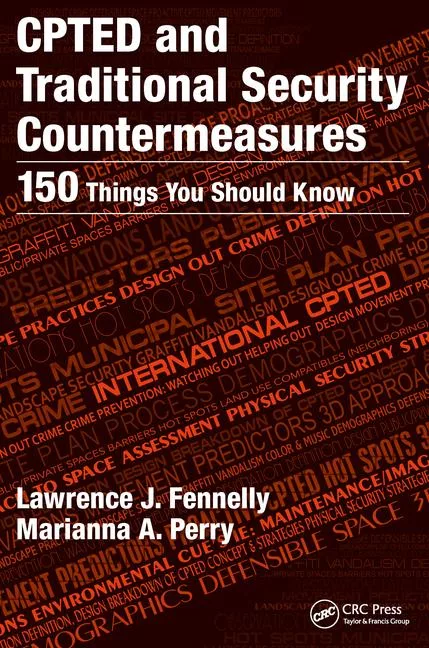Government Agencies Remind Citizens: if you "See Something, Say Something"

The New Jersey Office of Homeland Security and Preparedness (NJOHSP) and the New Jersey Cybersecurity and Communications Integration Cell (NJCCIC) released various resources available on their websites to help ensure U.S. citizens have a safe and secure holiday season.
“Whether you are shopping online or at brick and mortar stores, I strongly encourage taking the necessary precautions to stay safe,” said Jared M. Maples, Director of the New Jersey Office of Homeland Security and Preparedness. “I ask the public that if you ‘See Something, Say Something.’ Please report any terrorism-related suspicious behavior while shopping at your favorite stores to NJOHSP and any malicious activity online to the NJCCIC.”
"Reporting suspicious behavior to local law enforcement and NJOHSP’s Counterterrorism Watch could help thwart a potential terrorist attack and save lives. Even if an observation does not seem important, it may be a piece of a larger puzzle," says the NJOHSP. To learn more about what specific behaviors could indicate terrorism or terrorism-related crime, visit the NJOHSP website.
“Not only do we need to be aware of physical threats, but it is also important to remain alert for online activity that could compromise our cybersecurity and privacy, especially during the holiday season,” said Michael T. Geraghty, Director of the New Jersey Cybersecurity and Communications Integration Cell. “The public can access some practical cybersecurity resources on NJCCIC’s website, including best practices and instructional guides, that help reduce cyber risk.”
As the popularity of online shopping continues to increase, so does the number of potential unsuspecting victims for cyber criminals to exploit, notes the NJOHSP. Scammers may target victims through a variety of methods, including via emails, compromised websites, spoofed websites, phone calls, text messages, or unsecured Wi-Fi networks. To help combat the threats posed by cyber criminals this holiday season, please review the NJCCIC’s list of common scams, tips, and best practices at cyber.nj.gov/be-sure-to-secure/stay-cyber-safe-this-holiday-season.
Resources on cybersecurity can be found on cyber.nj.gov and njohsp.gov.
Looking for a reprint of this article?
From high-res PDFs to custom plaques, order your copy today!




